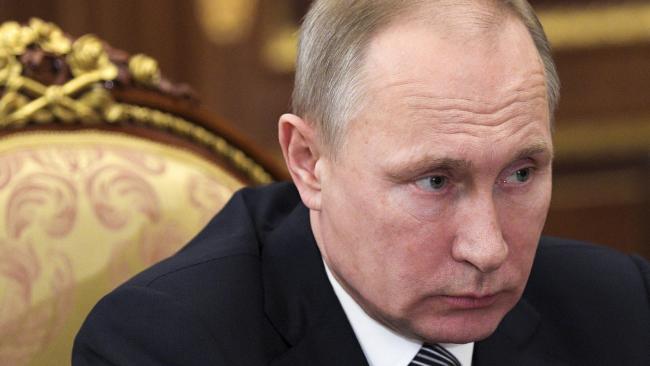As we witness the slaughter of civilians in yet another part of Syria – most recently, the Damascus suburb of eastern Ghouta – the country appears to enter the endgame of the confrontation between the regime and an array of rebel groups.
But new battles await. Syria is increasingly turning into a battlefield for outside parties’ wars: in the south between Israel and a Hezbollah backed by Iran; in the north between Turkey and Kurdistan Workers Party (PKK) affiliates; and in the east, potentially, between Iran and the US. Instead of ending the population’s suffering after years of merciless fighting, these conflicts extend and add a perilous layer to it that could trigger a regional conflagration.
At the core of the Syrian war’s inexorable internationalisation stands the fundamental disagreement between the US and Russia over the fate of the regime. Russia, which has a preponderant strategic interest in Syria compared to the US, has built on the success of its September 2015 military intervention to outpace its rival. Washington has thus been reduced to the role of a virtual bystander, largely impotent to shape the course of events.
Yet instead of filling the vacuum, Russia has contented itself with acting as if it, too, is a bystander. Russia has enabled its ally, the Assad regime, to proceed on its murderous path to recovering territory lost to the rebels, some of whom are as murderous in intent as the regime but lack equal firepower and outside backing. Moscow has not shown an appetite for preventing other parties from taking their fight to the Syrian theatre.
Read the article written by Joost Hiltermann in The Interpreter published by the Lowy Institute.

